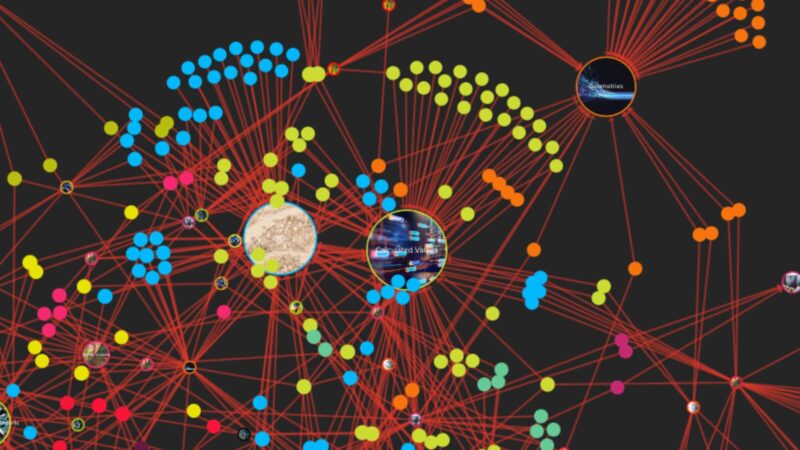In January, I delved into 5 data trends poised to shape 2024. Now that we’re halfway through the year, have those trends held true, or have new trends emerged? Let’s take a look.
1. Building on the Foundation: Small Data, Big Impact
Our initial focus on “Small Data” continues to resonate. Small Data allows for a more curated approach, ensuring data quality and building trust in the analysis.
Sitting comfortably alongside this trend is in-memory computing, which is solidifying as well. While cost and capacity limitations exist, advancements in RAM technology and the increasing value of rapid data analysis make in-memory computing an attractive solution. This emphasis on acceleration underscores the need for tools adept at handling smaller datasets efficiently. We know that FME can do this at lightning speed.
2. Democratization 2.0: The Rise of the Citizen Data Scientist
The data democratization trend has taken quite the turn. We’re witnessing the rise of the “citizen data scientist” – business users who can analyse data and make data-driven decisions without relying on IT or the skills of a traditional data scientist. This role is driving increased interest in self-service analytics tools that are intuitive and user-friendly. FME’s visual interface works well for users with varying technical backgrounds to build and automate data workflows.
3. The New Frontier: Collaborative Data Analysis
Beyond self-service, a new trend is emerging – collaborative data analysis. Teams are increasingly working together across organizations to explore and analyse data, leveraging each other’s expertise. We will increasingly see examples of this where the citizen data scientist will collaborate with the traditional data scientist to get the most value from the data.
4. Data Governance in the Age of AI and Beyond
The importance of data contracts – formal agreements defining data sharing and usage – has intensified in 2024. With stricter regulations like the European Union’s General Data Protection Regulation (GDPR) and the California Consumer Privacy Act (CCPA) organizations are prioritizing data governance and compliance. Similar legislation exists in Australia and New Zealand.
The increasing focus on data privacy is leading to a more complex regulatory environment. Organizations operating globally need to be aware of different regulations in-market, as well as evolving legislation.
FME helps organizations streamline data privacy compliance efforts by helping locate personal data, automate data subject requests, and enforce data governance policies.



5. Operationalizing AI: From Hype to Production
The shift in AI focus from exploration to implementation is undeniable. Organisations are moving beyond proof of concept projects and actively integrating AI models into existing workflows to generate true business value. This operationalization of AI hinges on dependable data pipelines and agile deployment strategies.
6. Location Intelligence: The Power of Place
In 2023, the global location-based services (LBS) market was valued at USD26.22 billion. Latest research suggests it is projected to grow to a staggering USD129.71 billion by 2032*. The future of the LBS market looks bright! Continued technological advancements in AR, AI, IoT, and the faster speeds and lower latency of 5G will enable smoother real-time location tracking and data processing, leading to more dynamic and responsive LBS market.
The Data Landscape: A Mid-Year Review
The first half of 2024 has confirmed many of our early predictions. From optimizing small data and operationalizing AI to enhancing location intelligence and facilitating collaborative data analysis, FME equips you with the tools needed to navigate these trends and turn your data into actionable insights. I’m sure we can expect all of this and much more in 2025!
More Resources
Register for FME Accelerator: Flow, the free 90 min intro to FME Flow



